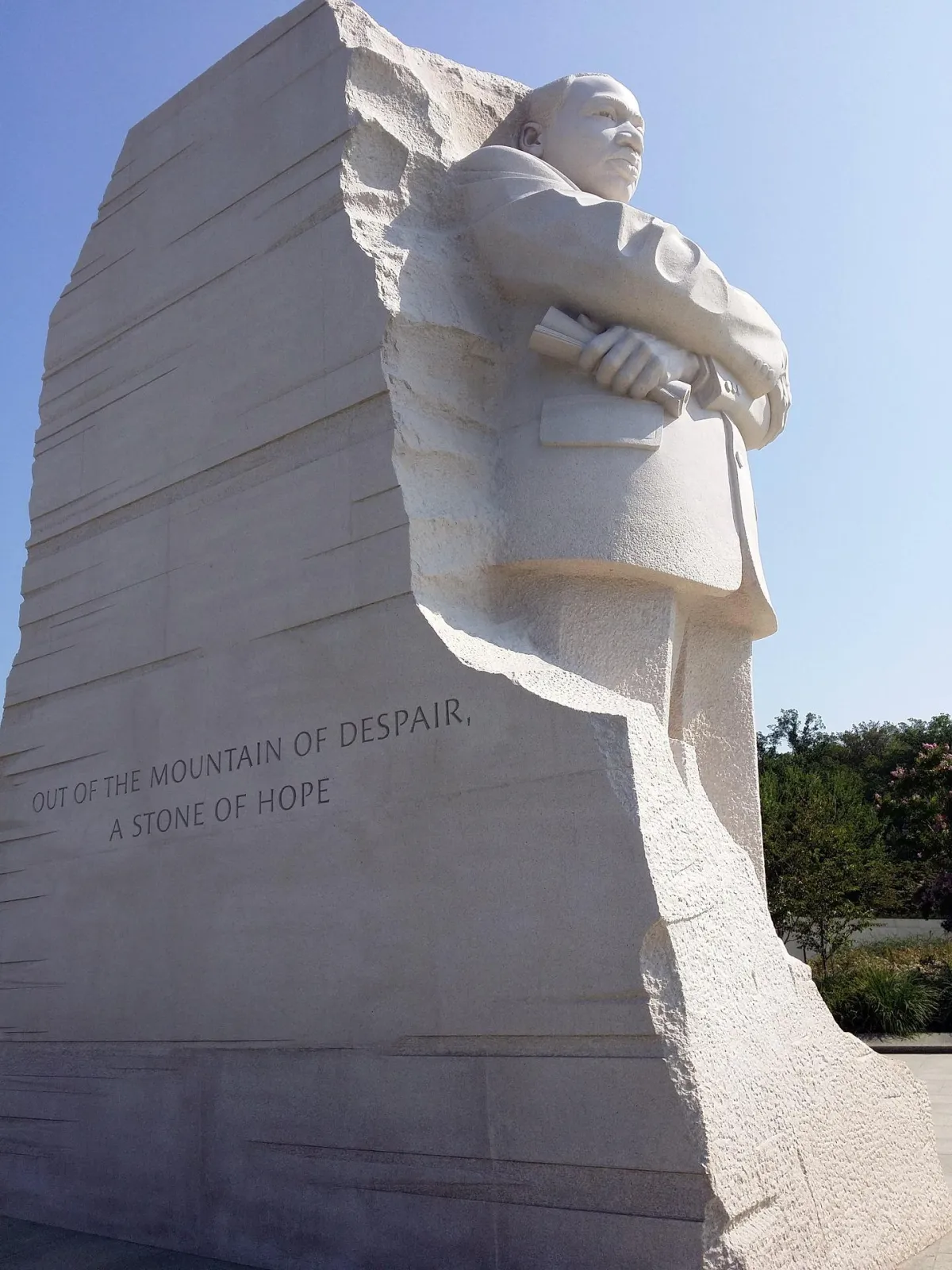
Great Cloud of Witnesses

Great Cloud of Witnesses


Dr Reverend Martin Luther King Jr
“Dr Reverend Martin Luther King Jr.” - Joel

Dr Reverend Martin Luther King Jr.
Was born on January 15, 1929, in Atlanta, Georgia. He became a prominent civil rights leader known for his nonviolent activism in the struggle against racial segregation and discrimination in the United States.
King rose to prominence during the Montgomery Bus Boycott in 1955, sparked by the arrest of Rosa Parks for refusing to give up her seat to a white passenger. His leadership in this movement led to the desegregation of public transportation in Montgomery, Alabama. In 1957, King helped found the Southern Christian Leadership Conference (SCLC), an organization dedicated to coordinating and supporting nonviolent protests for civil rights reform. He played a key role in organizing the 1963 March on Washington, where he delivered his famous "I Have a Dream" speech, advocating for racial harmony and equality.

Throughout the 1960s, King led numerous protests and marches, including the Selma to Montgomery marches for voting rights in 1965. His activism contributed to the passage of landmark civil rights legislation, including the Civil Rights Act of 1964 and the Voting Rights Act of 1965.
King's commitment to nonviolent resistance inspired people around the world and earned him the Nobel Peace Prize in 1964. Despite facing threats and violence, he remained dedicated to his principles of peace and justice.
Tragically, Dr Reverend Martin Luther King Jr. was assassinated on April 4, 1968, in Memphis, Tennessee, where he had been supporting sanitation workers on strike. His death sparked riots across the country, but his legacy endured. He is remembered as one of the most influential figures in American history, a symbol of hope, and a champion of civil rights and social justice.

Dr Reverend Martin Luther King Jr. stands as a towering figure in the annals of history, a beacon of hope and an emblem of resilience in the face of adversity. His life's journey, marked by unwavering commitment to nonviolent resistance and tireless advocacy for civil rights, continues to inspire generations across the globe. From his formative years in the segregated South to his pivotal role in shaping the course of the American civil rights movement, King's legacy remains a testament to the enduring power of courage, compassion, and the unwavering pursuit of justice. In this concise history, we trace the remarkable trajectory of Dr Reverend Martin Luther King Jr., illuminating the key milestones and defining moments that cemented his place as one of the most influential figures of the 20th century.

Dr Reverend Martin Luther King Jr
“Dr Reverend Martin Luther King Jr.” - Joel

Dr Reverend Martin Luther King Jr.
Was born on January 15, 1929, in Atlanta, Georgia. He became a prominent civil rights leader known for his nonviolent activism in the struggle against racial segregation and discrimination in the United States.
King rose to prominence during the Montgomery Bus Boycott in 1955, sparked by the arrest of Rosa Parks for refusing to give up her seat to a white passenger. His leadership in this movement led to the desegregation of public transportation in Montgomery, Alabama. In 1957, King helped found the Southern Christian Leadership Conference (SCLC), an organization dedicated to coordinating and supporting nonviolent protests for civil rights reform. He played a key role in organizing the 1963 March on Washington, where he delivered his famous "I Have a Dream" speech, advocating for racial harmony and equality.

Throughout the 1960s, King led numerous protests and marches, including the Selma to Montgomery marches for voting rights in 1965. His activism contributed to the passage of landmark civil rights legislation, including the Civil Rights Act of 1964 and the Voting Rights Act of 1965.
King's commitment to nonviolent resistance inspired people around the world and earned him the Nobel Peace Prize in 1964. Despite facing threats and violence, he remained dedicated to his principles of peace and justice.
Tragically, Dr Reverend Martin Luther King Jr. was assassinated on April 4, 1968, in Memphis, Tennessee, where he had been supporting sanitation workers on strike. His death sparked riots across the country, but his legacy endured. He is remembered as one of the most influential figures in American history, a symbol of hope, and a champion of civil rights and social justice.

Dr Reverend Martin Luther King Jr. stands as a towering figure in the annals of history, a beacon of hope and an emblem of resilience in the face of adversity. His life's journey, marked by unwavering commitment to nonviolent resistance and tireless advocacy for civil rights, continues to inspire generations across the globe. From his formative years in the segregated South to his pivotal role in shaping the course of the American civil rights movement, King's legacy remains a testament to the enduring power of courage, compassion, and the unwavering pursuit of justice. In this concise history, we trace the remarkable trajectory of Dr Reverend Martin Luther King Jr., illuminating the key milestones and defining moments that cemented his place as one of the most influential figures of the 20th century.
The Black Youth Success Movement operates under Success4rkids, a 501c3 nonprofit based in Akron, Ohio. Although we focus on uplifting Black Youth, all youth are welcome. Imagine if all Black Youth achieved their full potential, created educational equity and led the nation in solving the reading crisis for all students.
Copyright 2026 . Rise1000x All rights reserved
The Black Youth Success Movement operates under Success4rkids, a 501c3 nonprofit based in Akron, Ohio. Although we focus on uplifting Black Youth, all youth are welcome. Imagine if all Black Youth achieved their full potential, created educational equity and led the nation in solving the reading crisis for all students.